"Arrest and imprison more people to stop gang crime," Swedish Justice Minister Gunnar Strommer demanded in an opinion piece published on Tuesday, jointly written by justice policy makers of the governing parties and of the pro-government Sweden Democrats. The right-wing politicians note that Sweden's criminal laws were largely designed in the 1960s and 1980s and have not been overhauled since then, while Swedish society has fundamentally changed. It is a characteristic element in the legal philosophy of Sweden's welfare – and essentially law-abiding – society that until now the starting point adopted by courts was to send a convicted person behind bars only as a last resort, and if there is a lighter sentence for a particular crime, it must be applied.
However, while twenty years ago armed crime was virtually unknown in the Scandinavian country, shootings, stabbings and bombings have now become commonplace.
Left-wing governments have so far tried to portray gang crime as confined to "vulnerable neighborhoods", but bloody showdowns regularly take place outside these districts, often injuring innocent people. Moreover, while Swedish politicians have been attacking Hungary over rule of law issues for years, migrant criminals have come to take a role in decision-making: they have infiltrated political parties, seek to influence state and municipal decision-makers, silence witnesses and behave threateningly towards judges and prosecutors, as the government politicians admit in their article, even adding that democracy and the rule of law are endangered in Sweden.
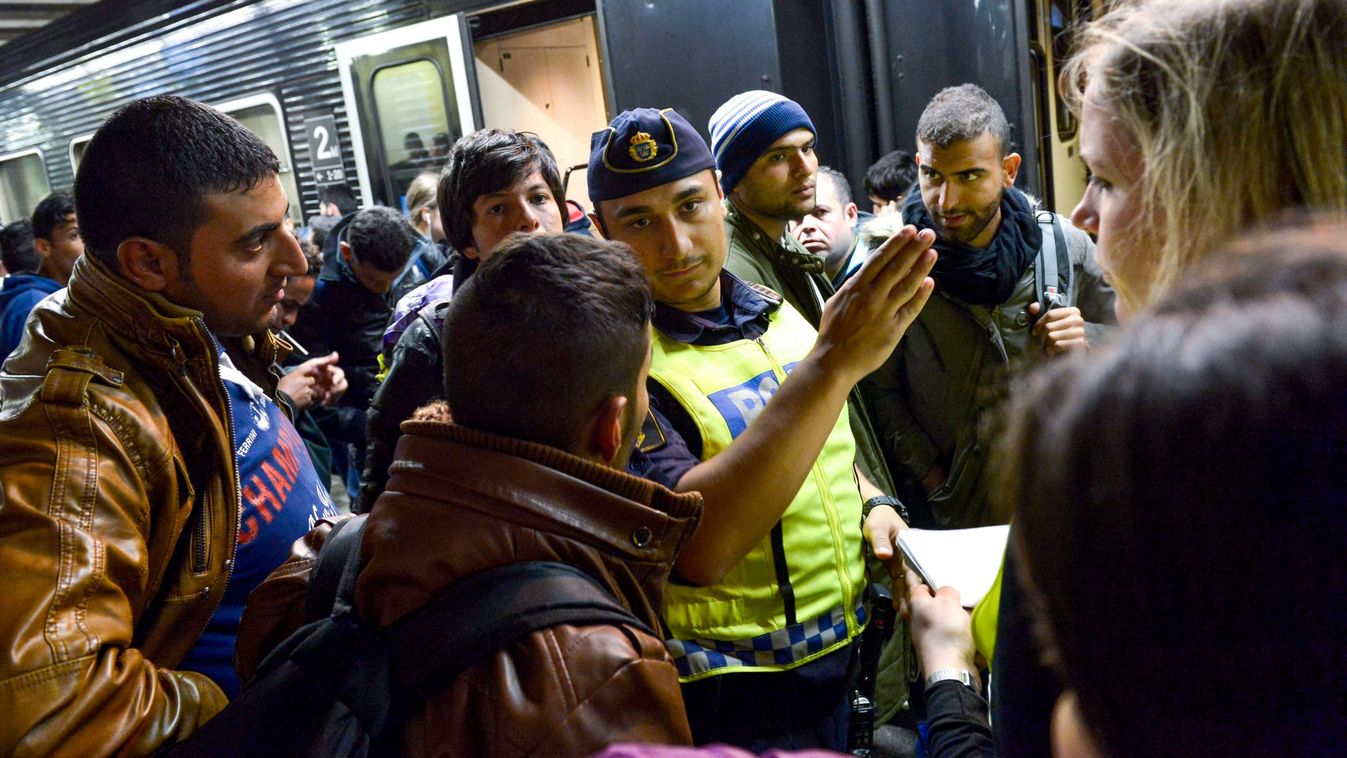
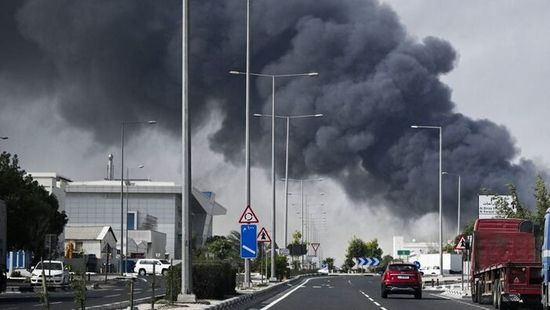


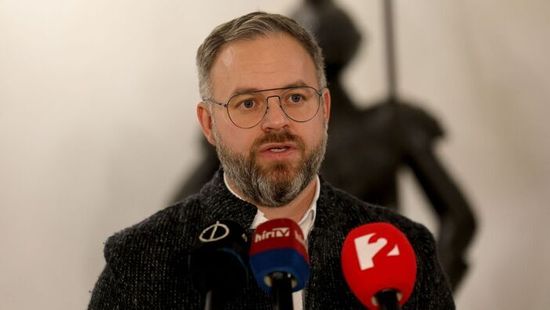

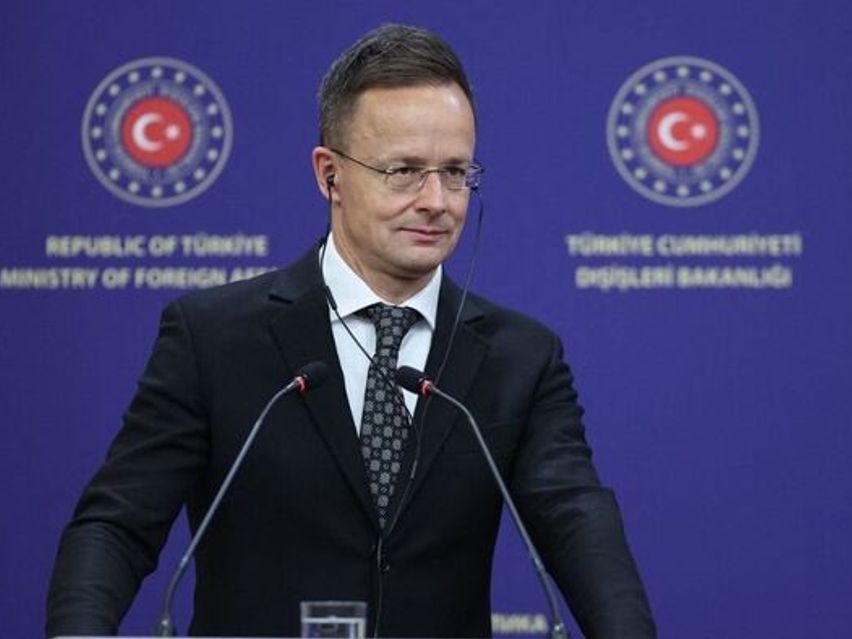






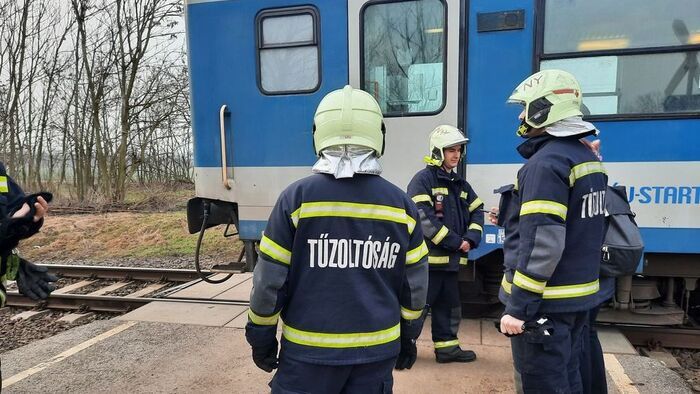
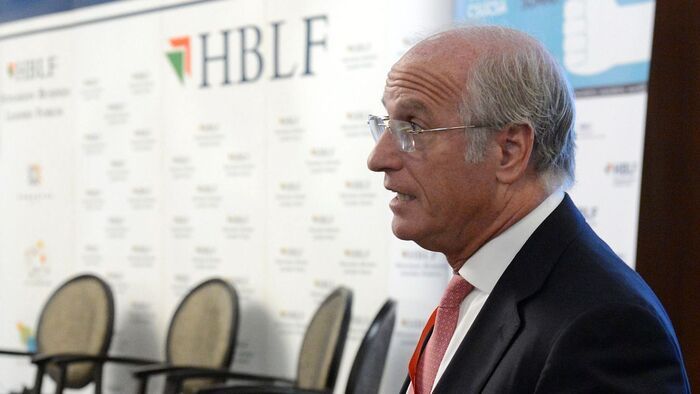
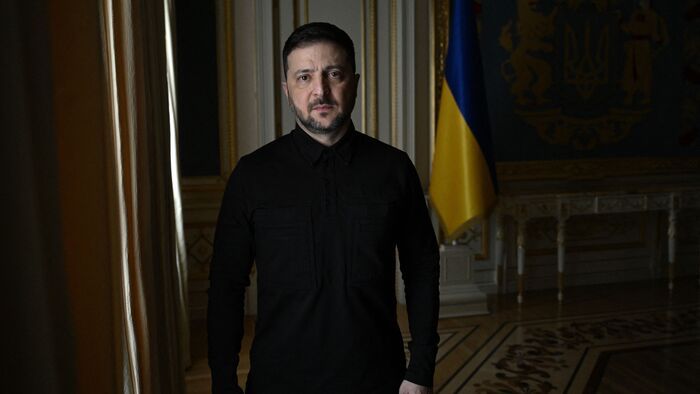
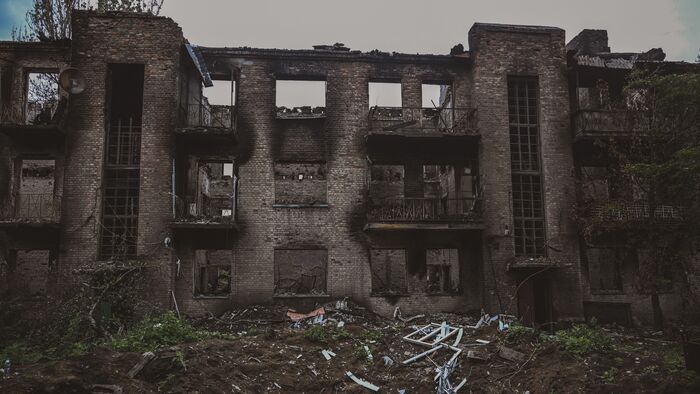
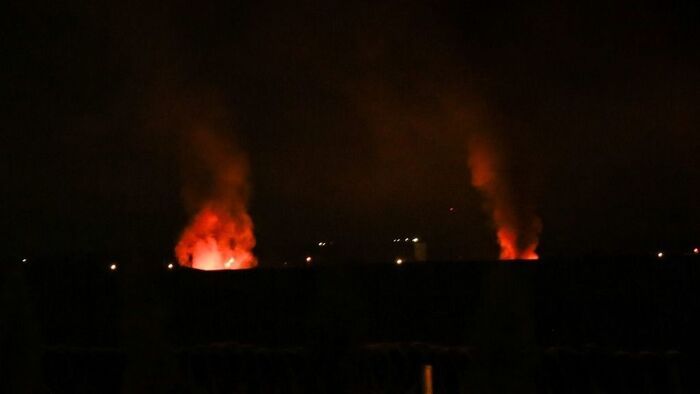

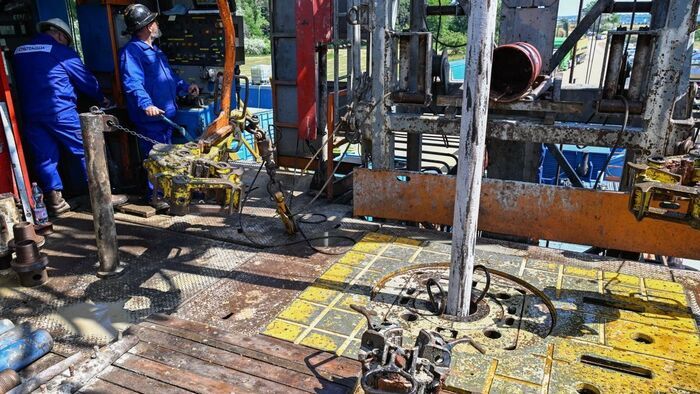



Szóljon hozzá!
Jelenleg csak a hozzászólások egy kis részét látja. Hozzászóláshoz és a további kommentek megtekintéséhez lépjen be, vagy regisztráljon!